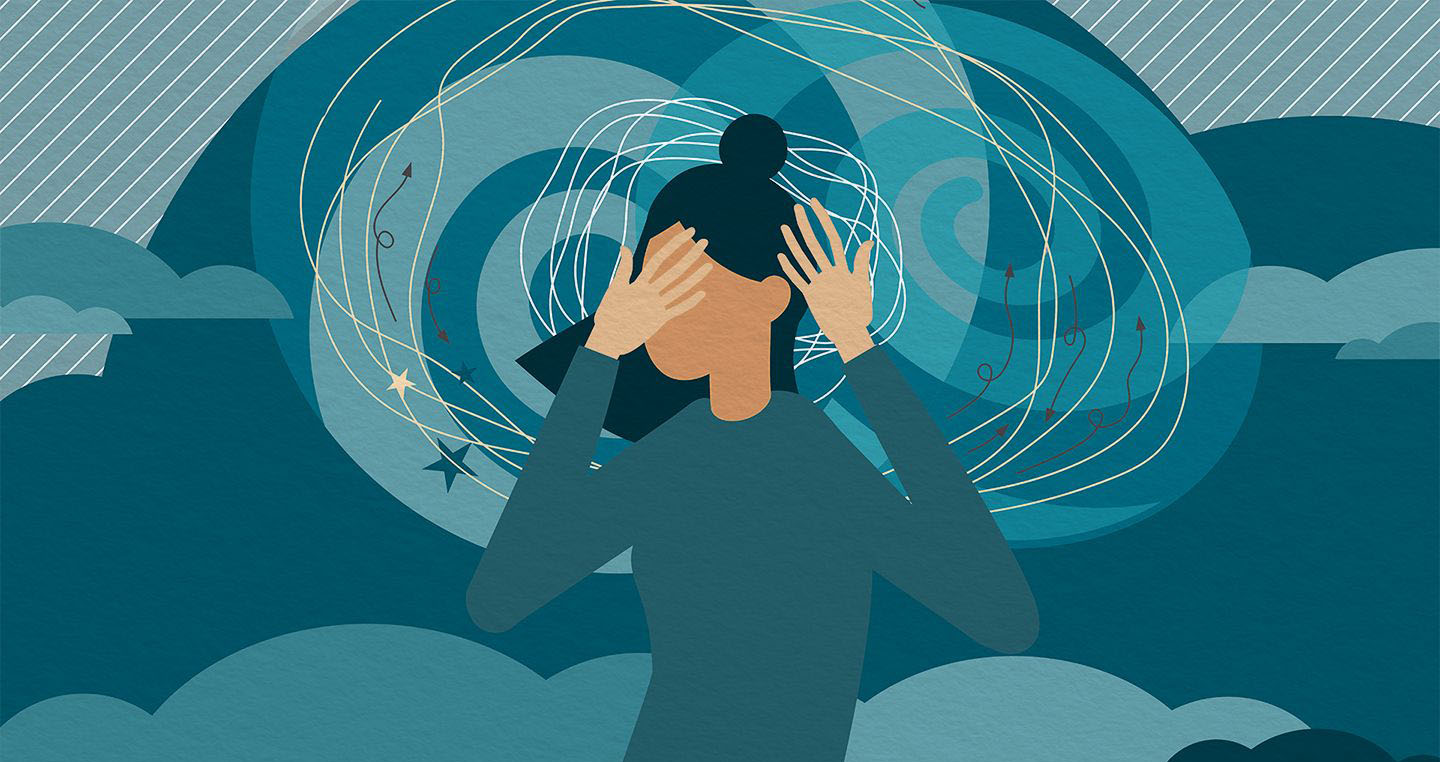
Mind Matters: Childhood trauma
I’m a 20-year-old student, and I think I might be suffering from Post Traumatic Stress Disorder (PTSD). As a child, I was pretty outgoing. But that changed when I started getting bullied, and there was no one to help me out. My classmates enjoyed joking about my looks and passing hurtful comments, and teachers ignored it. I’m still traumatized. I have no self-esteem, and I think I’m showing early signs of depression. How do I deal with this? Please help!—SK
Answered by Dristy Moktan, psychosocial counselor, Happy Minds
First of all, I would like to acknowledge and appreciate your courage to be vocal about what you are going through. That’s the first step you need to take in order to heal. Secondly, you should understand that the environment you grew up in, as a child, has had an impact on your personality. So, recalling the events that occurred in the past will help you find the main reason for your PTSD. It could be, for instance, like you mentioned, your experience during the school days.
However, one thing I would like to suggest is never resort to self diagnosis. A lot of patients tend to google their symptoms and come to a certain conclusion that might be completely wrong. Some of the results are the worst case scenarios. Thinking you have something similar will only make you more anxious. Being bullied can be an extremely traumatizing experience, but that doesn’t always mean you have PTSD. So, in order to get the right diagnosis, it’s best to visit a professional.
In case you are diagnosed with PTSD, it’s essential for you to be vocal about the instances that trigger you. So, to start your healing journey, releasing all your built in emotions there and then, whether to a professional, or someone you trust, is the first step. That also includes explaining your feelings to someone whose actions might have affected you, for them to understand your triggering factors and be mindful about it in the future. If you don’t, this issue might get worse. What usually happens is, our mind goes into a defense mechanism where we suppress disturbing emotions, which might result in chronic depression and severe PTSD, which we want to avoid. About raising your self-esteem, it always starts with working on yourself. In many cases, it’s just our negative thoughts, habit of overthinking, and self-doubt that pushes us behind. And in most instances, we are aware of that. So, in moments like that, ask yourself: “Why am I thinking this way?”, and reflect on your answer. Knowing that answer might help you understand your mental health status even better, and work on finding a solution. Secondly, it’s important to engage yourself with things that help you get your self-esteem back. The process of doing so might not be the same for everyone, but you have to start somewhere in order to come out of your comfort zone and boost your confidence. It can be a certain activity, getting back to your hobby, or even hanging out with your friends. But it’s on you to find a method that helps you best in order to raise your self-esteem. This is something called a hit-and-trial method. You have to keep on trying until you find a solution. If you are having a hard time, cry and let it all out. Don’t suppress your emotions because everything you feel is valid. Hug yourself and practice self-affirmations. Ask your loved ones to hang out with you and have meaningful conversations with them. Do anything and everything that makes you feel good about yourself, and give yourself enough time to work on yourself. Also, creating a schedule for your daily activity helps. Set aside a time for journaling. Jotting down how you feel can help you understand your mental health status. Finding some inner peace by meditating can be helpful too. You aren’t alone in this journey, so I urge you not to panic. Whatever you are going through right now can be treated.
Author: Dristy Moktan
